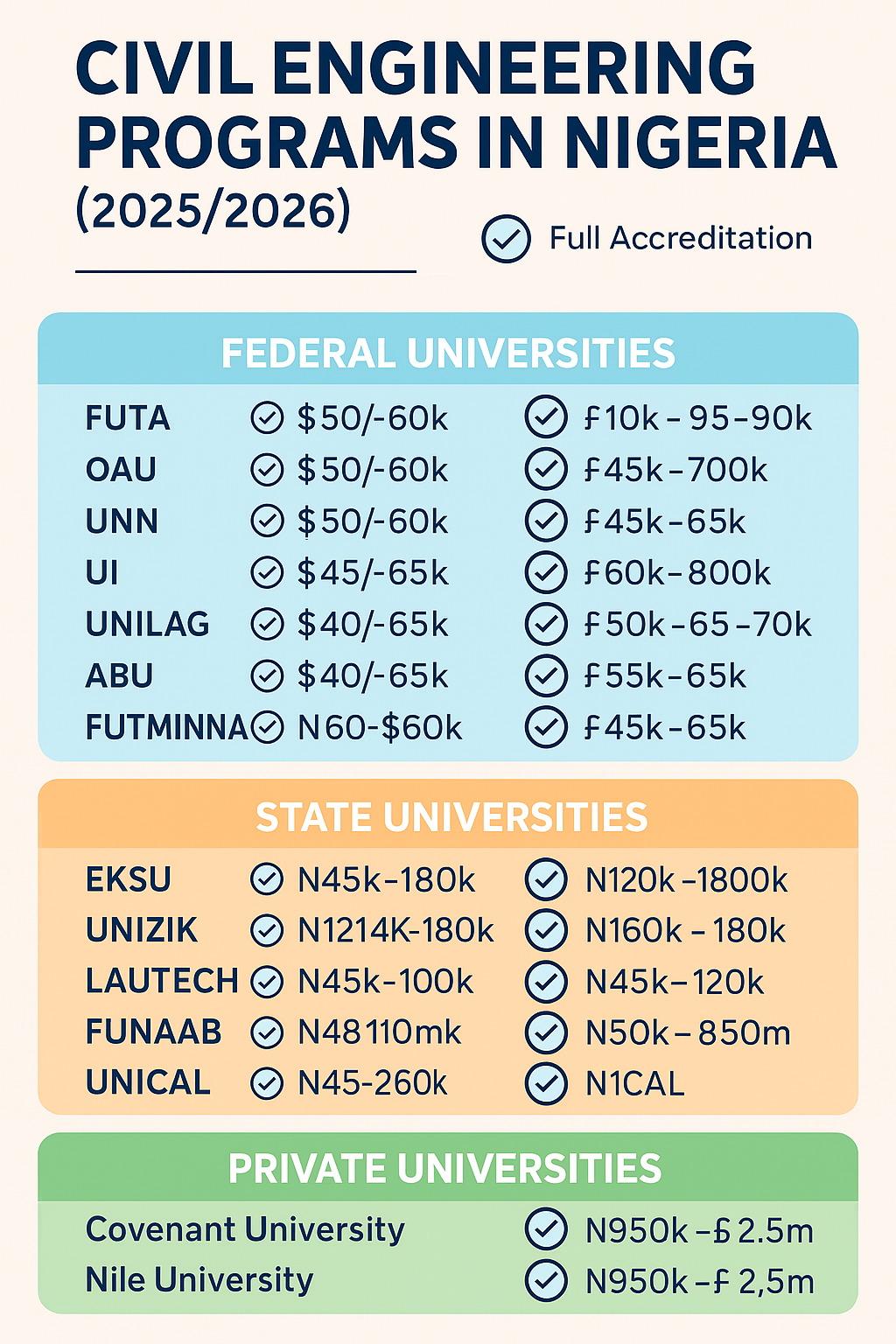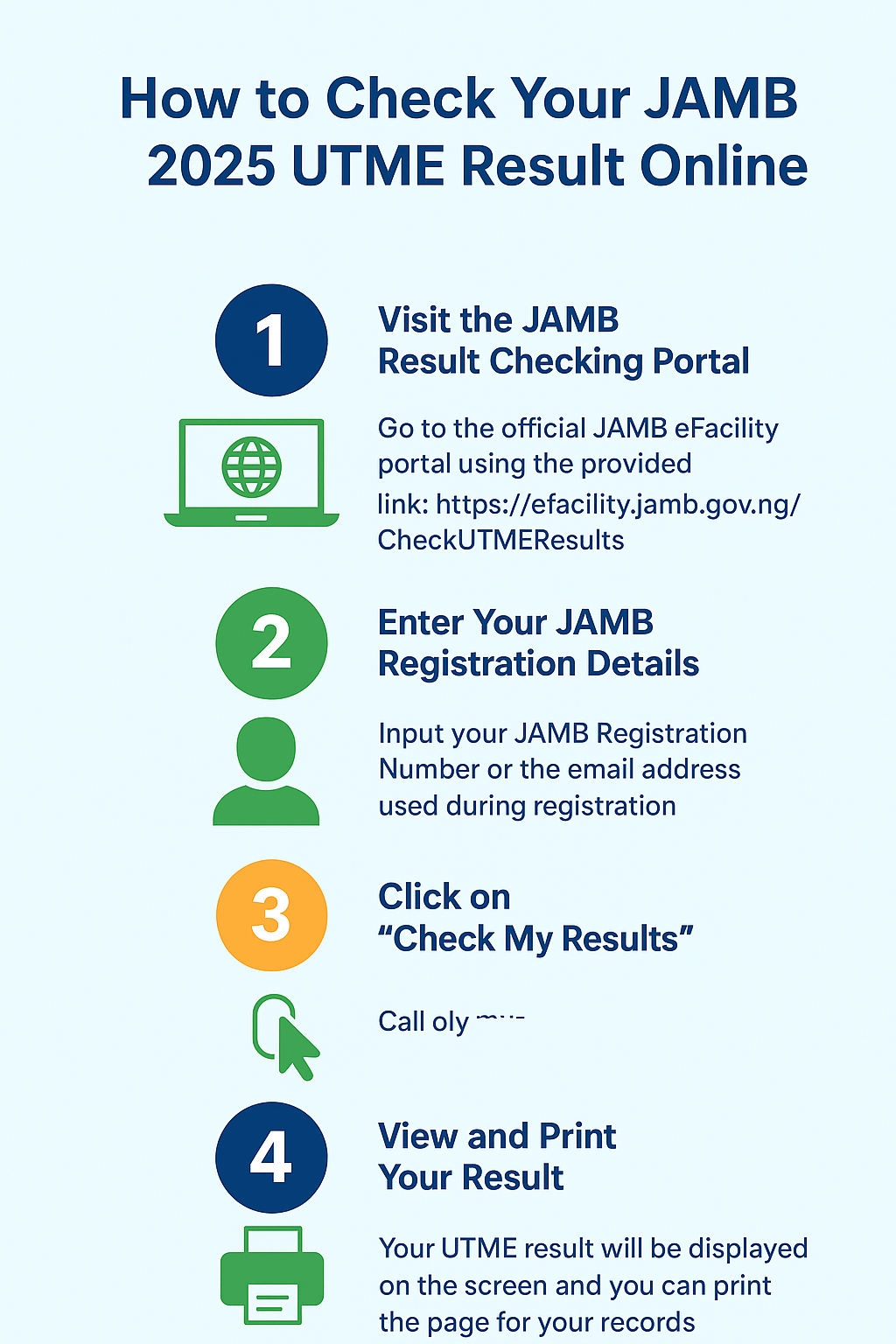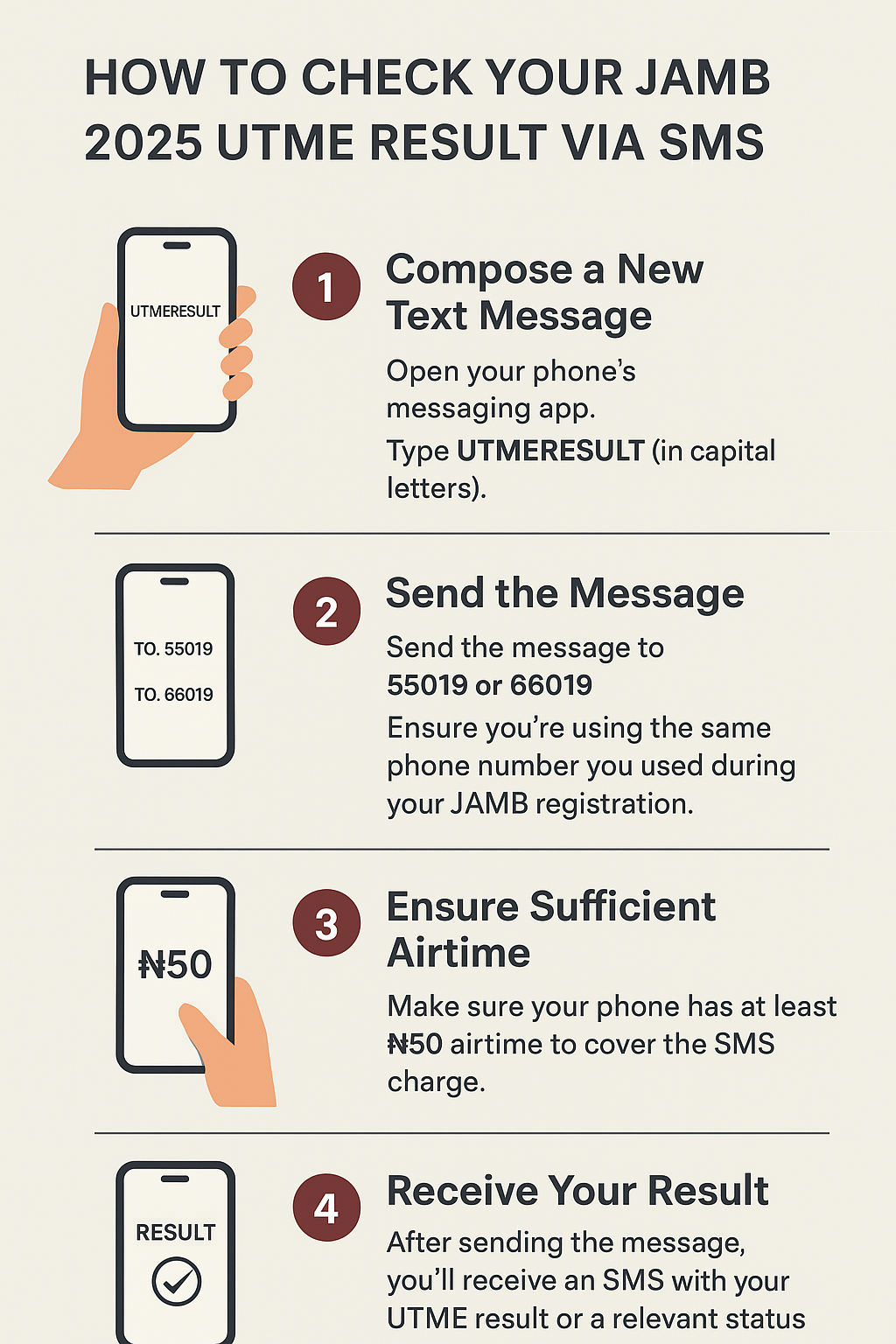Civil Engineering is one of the most respected and in-demand professions in Nigeria. It opens doors to careers in road construction, bridges, water systems, housing, and large-scale infrastructure. As of the 2025/2026 academic session, several Nigerian universities offer fully accredited Civil Engineering programs approved by the National Universities Commission (NUC) and the Council for the Regulation of Engineering in Nigeria (COREN).
This guide provides:
- A comprehensive list of universities offering Civil Engineering.
- Their accreditation status.
- Key details on facilities, tuition, and reputation.
- An admission guide to help you choose wisely.
Contents
- Top Universities Offering Civil Engineering in Nigeria (2025/2026)
- Factors to Consider When Choosing a Civil Engineering University
- 1. Accreditation Status
- 2. Reputation & Ranking
- 3. Facilities & Infrastructure
- 4. Industry Collaboration & Internship Opportunities
- 5. Admission Requirements
- 6. Tuition Fees & Cost of Living
- Career Opportunities for Civil Engineers in Nigeria
- FAQs on Civil Engineering in Nigeria
Top Universities Offering Civil Engineering in Nigeria (2025/2026)
Below is a curated list of federal, state, and private universities with accredited Civil Engineering programs:
| University | Location | Accreditation Status | Tuition (₦ Estimate per session) | Reputation Highlights |
|---|---|---|---|---|
| FUTA | Ondo State | Full (2021–2026) | ₦50k–₦70k | Strong tech focus, excellent labs |
| OAU | Osun State | Full (2020–2025) | ₦45k–₦65k | Renowned for academic excellence |
| UNN | Enugu State | Full | ₦55k–₦75k | One of Nigeria’s oldest, reputable |
| UI | Oyo State | Full | ₦60k–₦80k | Top-ranked university in Nigeria |
| UNILAG | Lagos State | Full | ₦63k–₦90k | Access to industry & internships |
| ABU | Kaduna State | Full | ₦40k–₦65k | Large student body, wide alumni |
| FUTMINNA | Niger State | Full | ₦55k–₦75k | Strong in engineering & tech |
| UNIBEN | Edo State | Full | ₦60k–₦85k | Strong petroleum/civil synergy |
| UNILORIN | Kwara State | Full | ₦45k–₦70k | Affordable, stable academic calendar |
| FUTO | Imo State | Full (2021–2026) | ₦50k–₦75k | Focused on applied engineering |
| EKSU | Ekiti State | Full (2021–2026) | ₦120k–₦180k | State-level growing faculty |
| UNIZIK | Anambra State | Full (2022–2027) | ₦55k–₦80k | Research-driven programs |
| LAUTECH | Oyo State | Full (2021–2026) | ₦65k–₦100k | Known for practical training |
| FUNAAB | Ogun State | Full | ₦50k–₦70k | Strength in agricultural/engineering |
| UNICAL | Cross River State | Full | ₦45k–₦65k | Expanding engineering facilities |
| Covenant University | Ogun State | Full (2022–2027) | ₦950k–₦1.2m | Modern facilities, private excellence |
| Nile University | Abuja | Full (2023–2028) | ₦2m–₦2.5m | International partnerships, elite labs |
| Afe Babalola University (ABUAD) | Ekiti State | Full | ₦1.2m–₦1.5m | One of the most modern campuses |
(Tuition figures are estimates. Verify from official university websites for accuracy.)
Factors to Consider When Choosing a Civil Engineering University
1. Accreditation Status
Only apply to universities with NUC and COREN accreditation. This guarantees recognition of your degree and professional eligibility.
2. Reputation & Ranking
Universities like FUTA, UNILAG, OAU, and UNN are well-respected in engineering and have strong alumni networks.
3. Facilities & Infrastructure
Check if the school has well-equipped labs, workshops, and research centers. These are crucial for practical learning.
4. Industry Collaboration & Internship Opportunities
Top schools partner with construction firms and government agencies, providing industrial training and career opportunities.
5. Admission Requirements
- JAMB Subject Combination: Mathematics, Physics, Chemistry, and English.
- O’Level: Minimum of five (5) credits in Mathematics, English, Physics, Chemistry, and another science subject.
6. Tuition Fees & Cost of Living
- Federal/State Universities: More affordable (₦40k–₦100k), but highly competitive.
- Private Universities: Higher fees (₦950k–₦2.5m), but often better facilities and smaller class sizes.
Career Opportunities for Civil Engineers in Nigeria
Graduates of Civil Engineering can work in diverse sectors:
- Construction companies (roads, bridges, housing projects).
- Oil & gas firms (pipeline, offshore structures).
- Government agencies (urban planning, public works).
- Consulting firms (design, structural analysis).
- Academia & research (lecturing, innovations).
FAQs on Civil Engineering in Nigeria
Q1. How many years does it take to study Civil Engineering in Nigeria?
Typically 5 years for B.Eng, plus 1 year for NYSC service.
Q2. What is the difference between full and interim accreditation?
- Full accreditation: Meets all requirements, valid for 5 years.
- Interim accreditation: Temporary (2 years), requires improvements.
Q3. What is the average salary of a Civil Engineer in Nigeria?
Entry-level: ₦100k–₦200k/month. Experienced: ₦350k–₦800k/month (varies by sector).
Q4. Which is better—federal, state, or private universities?
- Federal/State: Affordable, competitive.
- Private: Expensive, smaller classes, modern facilities.
Q5. Do Nigerian universities offer scholarships for Civil Engineering?
Yes. Many federal universities and private institutions like Covenant and ABUAD provide scholarships or financial aid based on merit or need.
Civil Engineering remains one of Nigeria’s most promising careers. Whether you choose a federal, state, or private university, prioritize accreditation, facilities, affordability, and industry exposure.
👉 Next Step: Stay updated on JAMB registration, cut-off marks, and admission requirements by following our education updates.
📩 Have questions? Drop a comment below or subscribe to our newsletter for the latest admission news!



